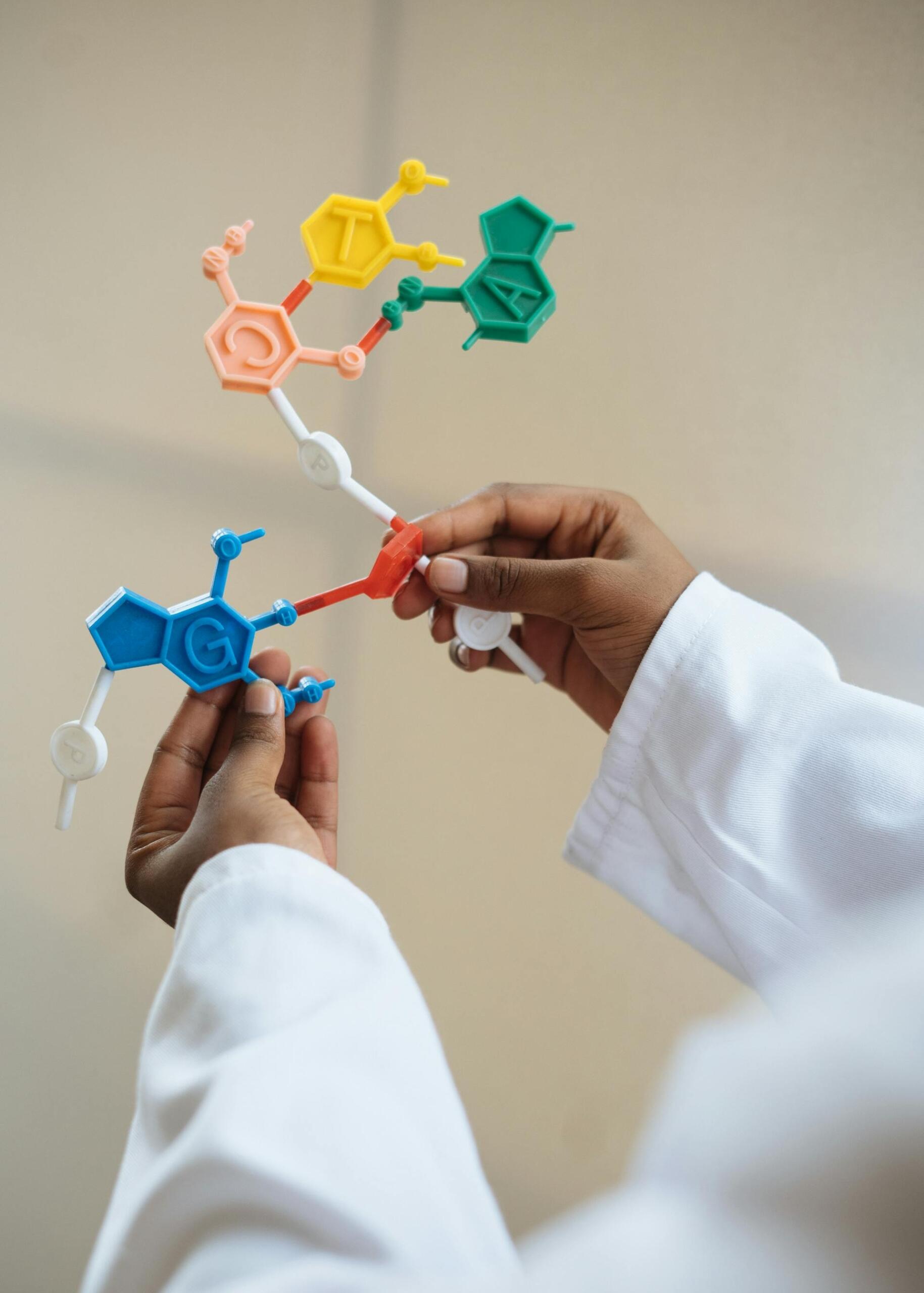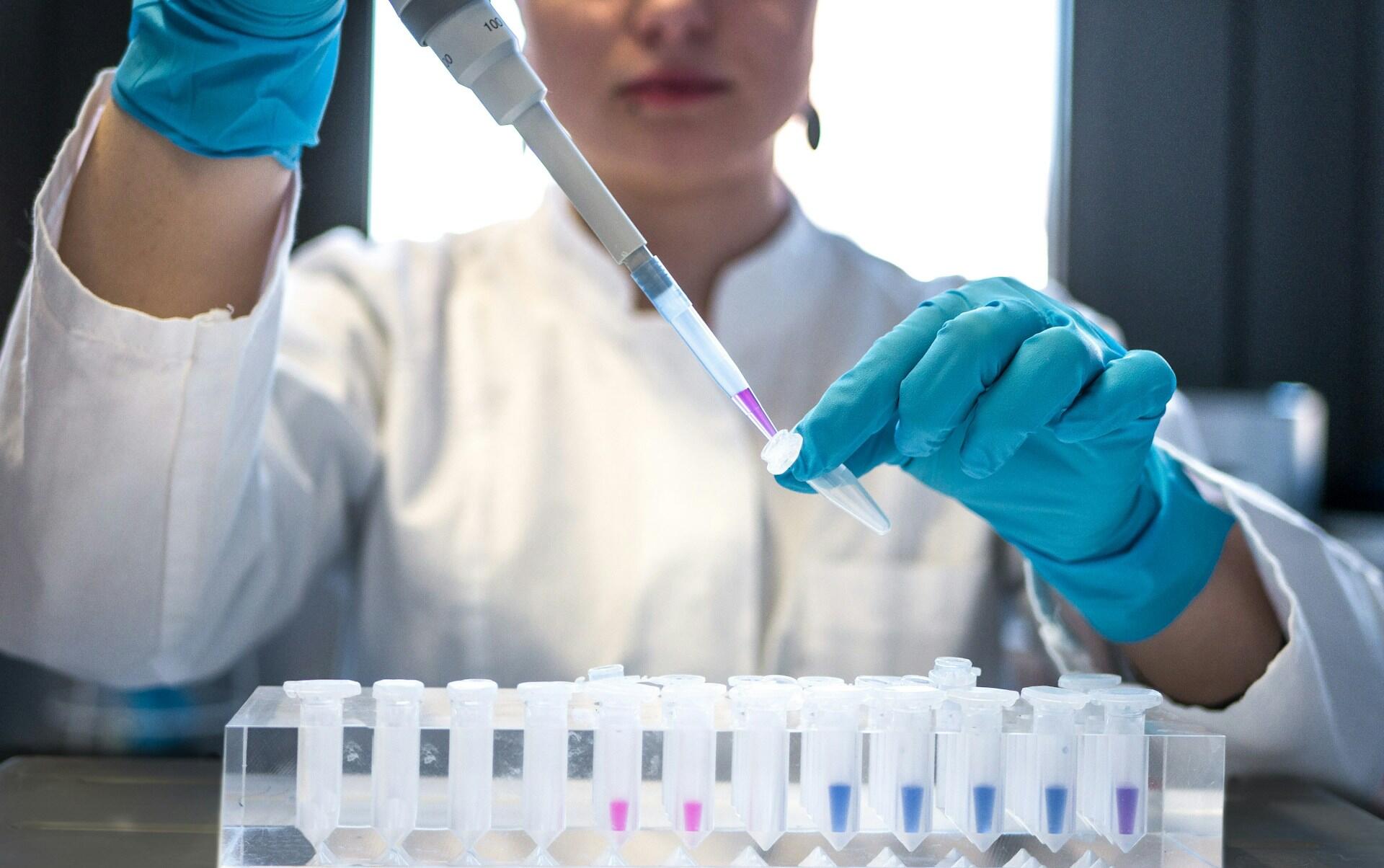Physical chemistry has important usages in materials science, chemical engineering, and biophysics. It also plays a crucial role in developing new technologies like energy storage, catalysis, and drug design. But what exactly is physical chemistry and how does it get utilized for these applications? Find out more about this fascinating science.

What Is Physical Chemistry?
In general, physical chemistry is a broad and interdisciplinary field that lies at the intersection of chemistry, physics, mathematics, and engineering.
Physical chemists study the behavior and properties of atoms, molecules, and other chemical systems under temperature, pressure, and energy conditions in the context of principles used in physics.
They investigate the mechanisms of chemical reactions, the structure and properties of materials, and the interaction between molecules and electromagnetic radiation.
Physical chemistry is a branch of chemistry that studies matter's physical and chemical properties and their relationship. It explains the fundamental principles of chemistry in terms of the underlying physical laws and concepts, such as thermodynamics, quantum mechanics, statistical mechanics, and kinetics.
Physical chemists often use equations to make sense of the physical and chemical systems in their profession. Physical chemistry can contain lots of drawings and diagrams to explain intricate and complicated ideas.
What is the purpose of all those models and equations? To understand and predict how chemical systems behave. In this way, physical chemists are looking to be able to approach chemistry with a physics mindset, with the aim of being able to discern specific, predictable data from a field that can sometimes be more difficult to make hard and fast rules for.
Overall, the field concerns matter and the transformations it can undergo using the principles of physics (and mathematics) to explain and understand the information. Using these explanations, the knowledge can then be used in an engineering capacity.

What Are the Areas of Study in Physical Chemistry?
Physical chemistry is a diverse and complex field, combining several sub-fields of science, such as quantum sciences, physics, and chemistry. These scientists use a wide range of experimental and theoretical tools to explore these topics, including electrochemistry, computational chemistry, and molecular dynamics simulations. They walk the line between scientific theory (hypotheses, assumptions, and exceptions) and scientific law (resolutions, empirical evidence, predictable and measurable data).
Here are some of the prominent areas of study in physical chemistry:
Thermodynamics
Thermodynamics provides a theoretical framework for understanding chemical reactions, phase transitions, and the behavior of complex materials.
Key concepts: enthalpy, entropy, and Gibbs's free energy.
Quantum Mechanics
This study area deals with the functions of matter and energy at the atomic and subatomic levels. Quantum mechanics provides a theoretical framework for understanding the electronic structure of atoms and molecules and the interaction of light with matter.
Key concepts: wave-particle duality, the Schrödinger equation, and quantum states.
Statistical Mechanics
This study area uses probability theory to describe the behavior of large numbers of atoms and molecules. Statistical mechanics provides a theoretical framework for understanding the properties of gasses, liquids, and solids and the process of other chemical reactions.
Key concepts: Boltzmann statistics, partition functions, and the canonical ensemble.
Kinetics
This area of analysis deals with the rates and mechanisms of chemical reactions. Kinetics provides a theoretical framework for understanding how chemical reactions occur and how they can be controlled.
Key concepts: reaction rate laws, activation energy, and reaction mechanisms.
Spectroscopy
Spectroscopy is the study of the interaction between light and matter. Physical chemists use spectroscopy to inspect the properties of molecules and chemical reactions. The investigation of this subject helps in understanding the structure and behavior of molecules, which is essential in designing new substances and developing new technologies.
Key concepts: radiation, electromagnetic spectrum, crystallography, ultra-violet light, and x-rays

What Are the Applications of Physical Chemistry?
Physical chemistry applications can be used in a wide array of industries across various fields. Everything from food creation and preservation to electronics, energy sources, medicines, what our clothes are made of, to our environment involves some level of physical chemistry in their research and development phases.
We can even see the direct occurrence of physical chemistry in our daily lives when we do things like cook and bake, where the chemical reactions of the ingredients, combined with manipulations like applied heat, result in a new product.
Here are some of the fields where this chemistry is prominent.
Physical chemistry is important because it is used to explore, explain, and improve materials in all areas of our lives. For example, it helps invent more nutritious foods kept in safer packaging made of substances that do not create pollution.
Materials Science
Physical chemistry plays a crucial role in materials science. It is used to study the properties of matter and invent new materials with desirable properties.
For instance, physical chemists use spectroscopy to investigate the electronic structure of materials and understand their optical and electrical properties. This knowledge is useful in developing new materials for electronics, optoelectronics, and energy storage.
Pharmaceutical Industry
Physical chemistry is extensively used in the pharmaceutical industry. It is used to study the properties of drugs, such as their solubility, stability, and bioavailability.
Physical chemists use scientific principles to understand the behavior of drugs in the body and create new drugs with enhanced efficacy and fewer side effects.
Environmental Science
Physical chemistry is used to study the behavior of pollutants in the environment. It is used to understand the interactions between pollutants and the environment and develop strategies to reduce their environmental impact.
Physical chemists use thermodynamics, kinetics, and spectroscopy to study the properties of pollutants and design methods for their removal and treatment.

Energy Sector
Physical chemistry plays a crucial role in the energy sector. It is used to study the behavior of fuels, batteries, and solar cells. Physical chemists use scientific principles to optimize energy conversion processes and develop new technologies.
Nanotechnology
One of its most prominent uses is in nanotechnology, where it is used to study the properties of nanomaterials and their behavior at the nanoscale. Physical chemistry helps understand the behavior of nanoparticles, nanotubes, and nanowires and develops new nanomaterials with unique properties.
Physical chemists use spectroscopy and microscopy to study the properties of nanomaterials and devise methods for their synthesis and manipulation.

Why Should You Study Physical Chemistry?
Physical chemistry is a fascinating field that provides a fundamental understanding of how chemical systems behave at a molecular level.
By studying physical chemistry, you can gain insight into the fundamental principles that govern chemical reactions, including thermodynamics, kinetics, quantum mechanics, and spectroscopy; all things that make up our entire world in a chemical and physical capacity.
However, the science is not for the faint of heart and can be incredibly challenging to grasp. You can ensure you properly understand the science and keep up with your classes with assistance from a chemistry tutor!
If you go for physical chemistry tutoring near me, your tutor will tailor their lessons to suit your learning style to fill in the specific gaps in your knowledge and understanding. With private tutoring, you can ensure that you will succeed in your academic and professional goals.
Many credible online tutoring platforms like Superprof host highly skilled and experienced chemistry tutors to ensure you learn this subject like a pro. With one-on-one sessions, flexible timings, and affordable per-hour rates, Superprof is the ideal place to learn this complex yet interesting science.
A physical chemistry tutor can assist you to better understand complex ideas and provide personalized guidance to help you succeed. Besides, studying physical chemistry can also open up many career opportunities.
What Physical Chemistry Jobs Are Available with a Degree in Physical Chemistry?
Physical chemistry is a highly interdisciplinary field that involves the application of principles and laws of physics to study matter.
Graduates with a degree in physical chemistry have a range of career options available to them in various fields. There are countless industries that require this chemistry application to exist. Here are just a few rewarding physical chemistry jobs available for graduates:
Research Scientist
A research scientist works in academia or industry and researches to understand the behavior of different matters. They design experiments, analyze data, and publish research findings. They are employed in materials science, energy, nanotechnology, and environmental science.
Analytical Chemist
Analytical chemists use their knowledge of physical chemistry to develop methods for the analysis of compounds.
They work in various industries, such as pharmaceuticals, food, and environmental science, to ensure the quality and safety of products.

Process Engineer
Process engineers use their knowledge of physical chemistry to design and optimize chemical processes. They're located in various industries, such as oil and gas, chemical manufacturing, and pharmaceuticals, to create new products and improve existing ones.
Materials Scientist
Materials scientists use their knowledge of chemistry to study the properties of materials and develop new materials with desirable properties. They work in the electronics, aerospace, and energy industries to design new materials for various uses.
Quality Control Chemist
Quality control scientists use their knowledge of chemistry to ensure the quality and safety of products. They are employed in industries such as pharmaceuticals, food, and cosmetics to ensure that products meet regulatory standards.
In general, a degree in physical chemistry opens up a range of career options in various fields, including research, analysis, engineering, materials science, quality control, and law. Graduates with a degree in physical chemistry have a unique skill set that is in demand in many industries, and they can pursue careers that align with their interests and goals.

Common Physical Chemistry Properties and Examples
Here is a table that includes key physical chemistry properties, along with their definitions and examples.
| Property | Definition | Example |
|---|---|---|
| Heat Capacity | The heat needed to increase the temperature of a substance by a degree Celsius | The heat capacity of water is 4.18 J/g·°C |
| Gibbs Free Energy | The energy available to do work in a system at constant temperature and pressure | Gibbs free energy can be used to predict whether a chemical reaction will be spontaneous |
| Ionization Energy | The energy required to remove an electron from an atom or ion in its ground state | The first ionization energy of hydrogen is 1312 kJ/mol |
| Activation Energy | The minimum amount of energy required for a chemical reaction to occur | Catalysts can lower the activation energy required for a reaction to take place |
| Entropy | A measure of the disorder or randomness of a system | The entropy of a gas is generally higher than the entropy of a liquid or solid |
| Bond Length | The distance between the nuclei of two bonded atoms | The bond length of a carbon-carbon single bond is about 1.54 Å |
| Dipole Moment | A measure of the separation of positive and negative charges in a molecule | Water has a dipole moment of 1.85 Debye |
| Vapor Pressure | The pressure exerted by a vapor in equilibrium with its liquid or solid phase | The vapor pressure of water at 25°C is 23.76 mmHg |
Learn Physical Chemistry with Superprof
If you're interested in learning physical chemistry, there is no better platform than Superprof. Superprof allows you to connect with experienced physical chemistry tutors who can provide personalized support to help you achieve your academic and career goals.
Whether you need help mastering challenging scientific ideas, improving your problem-solving skills, or preparing for exams, Superprof has tutors to assist you. With flexible scheduling and affordable rates, learning physical chemistry with Superprof is convenient and accessible. In physical chemistry classes from Superprof, you will learn everything from the nitty-gritty details of the subject to the complex notions, including the difference between physical and chemical chemistry.
Summarize with AI:

























Thank you for your services.l would like to know the applications of physical chemistry in food and textile industries
Thank you for your comment, Priscilla! If you would like to know more about the applications of physical chemistry in food and textile, make sure to sign up for a chemistry tutor at Superprof.com today! For any further questions or help signing up please contact our customer care department at hey@superprof.com.